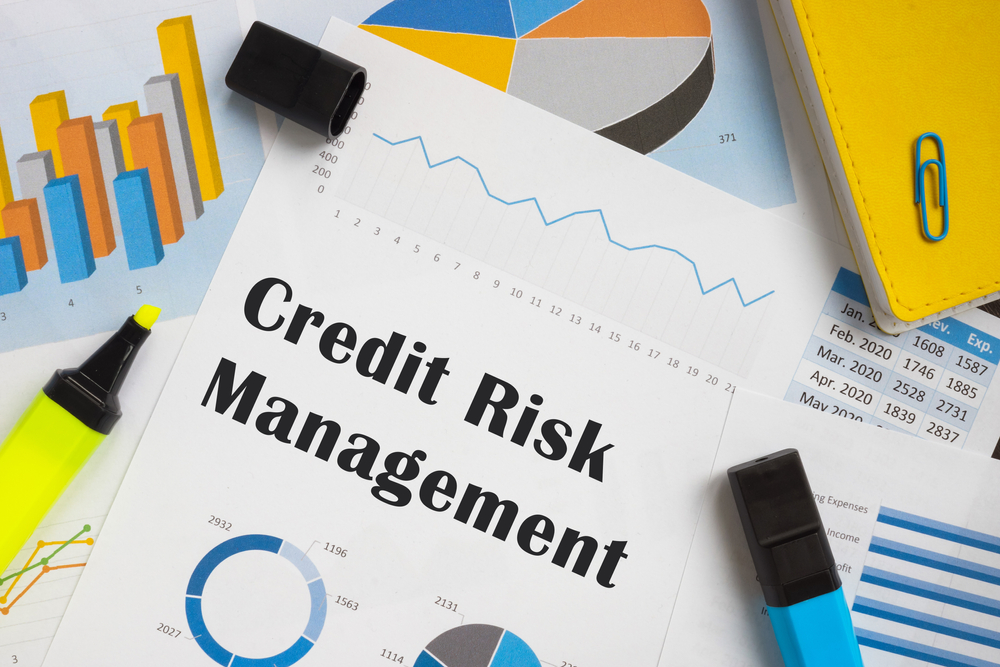
Any company handling credit or loans must have a comprehensive credit risk management plan to assist reduce the financial risks connected with borrower defaulting. What is credit risk management, though, and how may it help companies? Managing credit risk means determining, knowing, and reducing the hazards of lending money such that lenders are ready to control possible losses. Beyond only stopping losses, a strong plan helps with better customer service, better financial planning, and more general company stability.
An Insight into Credit Risk Management
The act of spotting, evaluating, and lowering credit exposure associated risks is known as credit risk management. It includes assessing a borrower’s creditworthiness, tracking loan repayment behaviour, and putting policies in place to control and lessen risks. This can mean lenders adopting data-driven technologies, establishing explicit credit evaluation standards, and always monitoring client credit limits. Good credit risk management keeps businesses safe in an erratic financial climate by providing both short-term protection and long-term development.
1. Reduces Financial Losses
One of the potential benefits of credit risk management is to lower financial losses. Effective identification and management of dangerous credit situations helps companies to proactively change lending terms, boost monitoring, or stop dangerous loans completely. This guarantees a better cash flow and reduces the possibility of defaults, enabling lenders to avoid major losses and concentrate on chances for expansion.
2. Supports Informed Decision-Making
A strong credit risk management strategy empowers organisations to make more informed lending decisions. By relying on data analytics and thorough credit assessments, businesses gain clearer insights into the financial health of potential borrowers. This information allows decision-makers to set lending terms that align with their risk tolerance, ensuring credit offers are both profitable and sustainable. Informed decision-making also helps companies allocate resources more efficiently and build a more resilient credit portfolio.
3. Improves Customer Relationships
Apart from safeguarding the lender, credit risk management improves client relationships. Borrowers know the criteria and expectations from the beginning thanks to an open and orderly credit assessment system. For consumers, this fosters long-term loyalty and trust since they are more likely to go back to a lender under fair treatment and clear terms. Furthermore, proactive credit monitoring lets lenders assist clients who might be having difficulties with flexible solutions that keep them on target and preserve a good connection.
4. Enhances Regulatory Compliance
In many industries, compliance with regulatory standards is a key aspect of credit risk management. A strong strategy ensures that organisations adhere to local and international lending regulations, avoiding potential fines and legal complications. Implementing compliance-friendly practices not only safeguards the business but also boosts its reputation in the industry. Companies that prioritise compliance are often more attractive to investors and stakeholders, fostering trust and credibility.
5. Boosts Profitability and Growth
Effective management of credit helps a company to be profitable and to grow over time. Minimising credit risk helps cash flow to be more predictable, which frees businesses to concentrate on investment and growth instead of loss cover. Good credit evaluation and monitoring help companies to seize attractive loan prospects, boosting income and lowering risk. Building a sustainable credit portfolio capable of supporting development depends on this harmony between profit and risk.
The Final Word
Reducing losses, encouraging wise decisions, and building close relationships with customers depend on a good credit risk management plan being followed. Maintaining businesses competitive and strong depends on this fundamental component of sustainable business practices.
With advanced training at FORE School of Management, where financial experts develop skills for dynamic corporate contexts, increase your knowledge in credit risk management!
